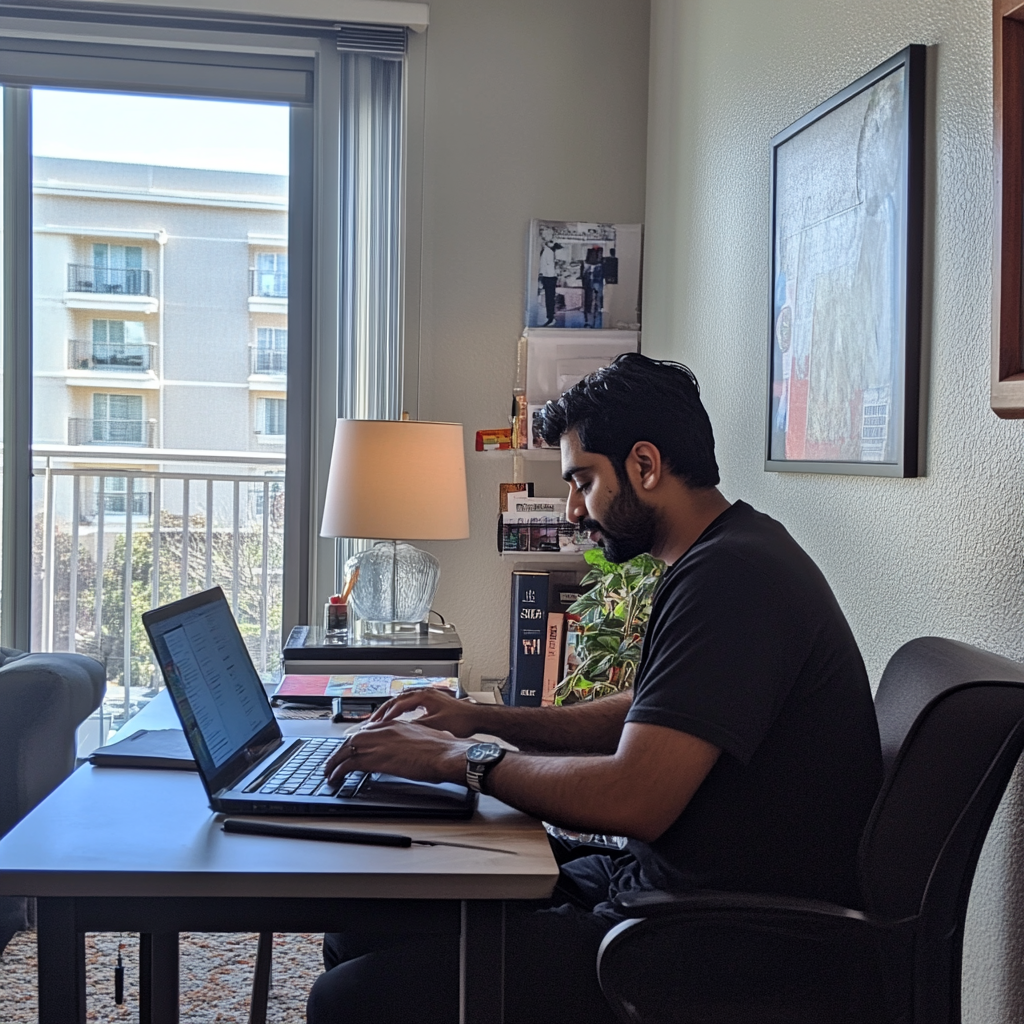How Should Global Cities Manage an Influx of Wealthy Foreign Residents?

BlueSky Thinking Summary
It's a story about the changes that come when rich foreigners flock to the world cities—raising rents and temperatures culturally for the native populations.
Cities like Lisbon suddenly fill with rich expats, as the cost of travel plummets and the number of remote work opportunities soars, these wicked pressures happening economically and socially.
The paper by Professor Sergio Rebelo and his fellow authors looks at some solutions to this phenomenon, recommending that states impose a capital gains tax when property is sold.
This way, it should minimize the negative impact on locals by reaping benefits from foreign investment.
Weighing this approach of restriction or subsidy in buying property from foreign entities against its reported benefits should give a balance where the taxation benefit will be used to solve such problems associated with higher rents and congestion.
In his model, foreign residency is an enormous economic gain for cities, argues Rebelo.
Consequently, policies will have to be adapted to these changes rather than try to fight them.
This paper/reserach underlines the prospective changeability of the urban environment and the need for adaptive policy frameworks.


